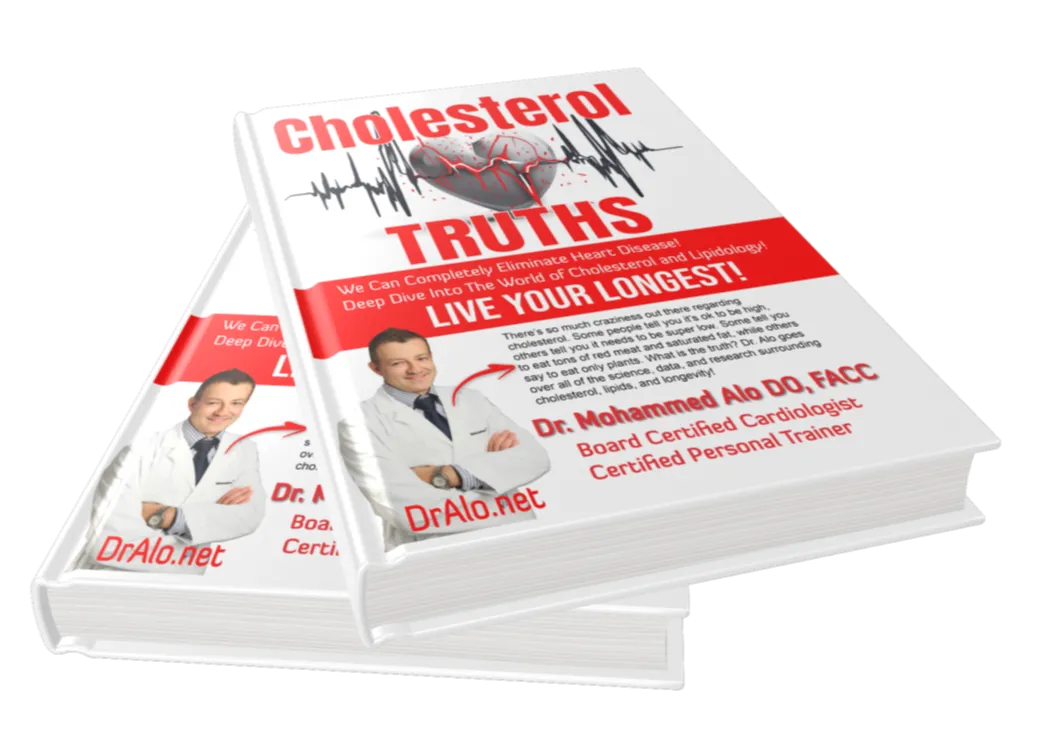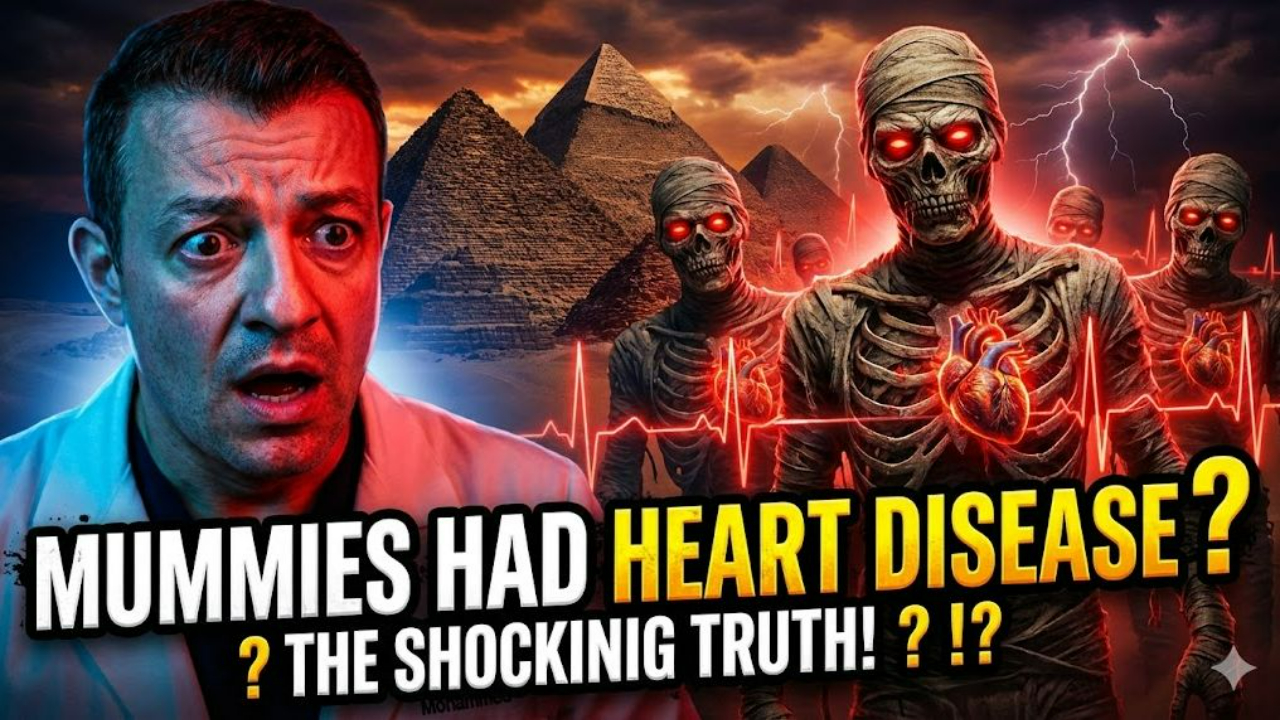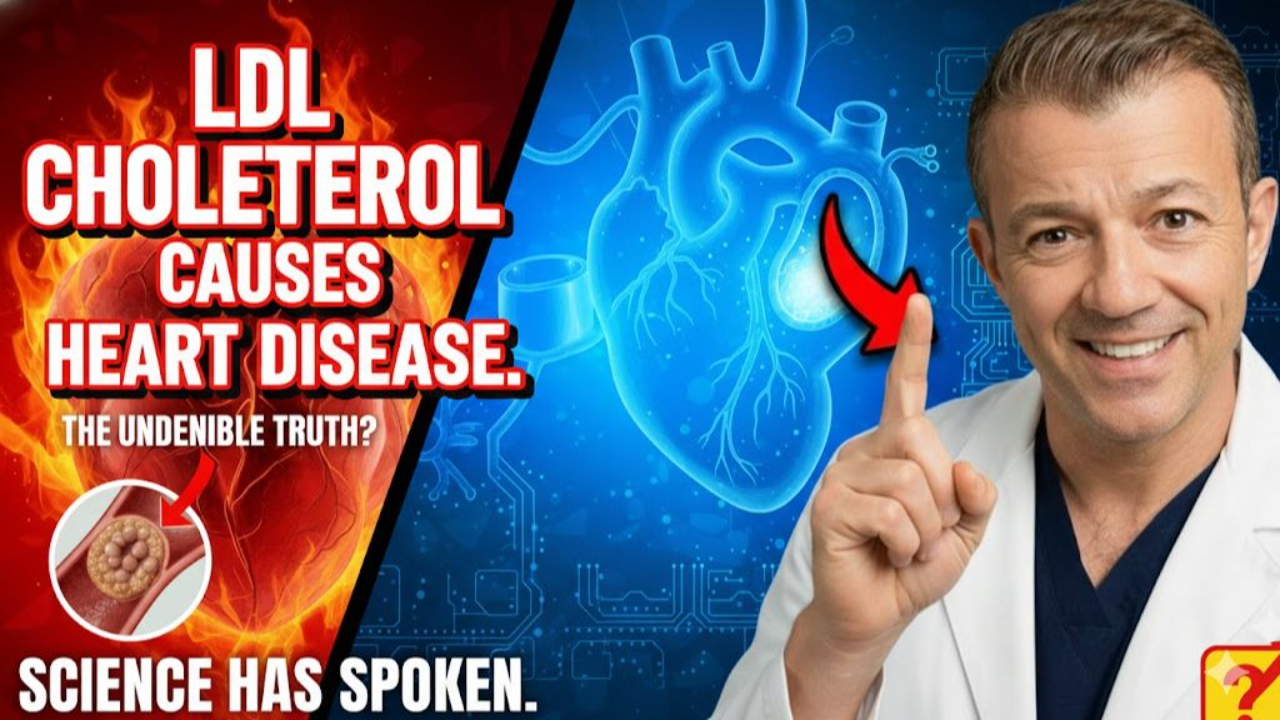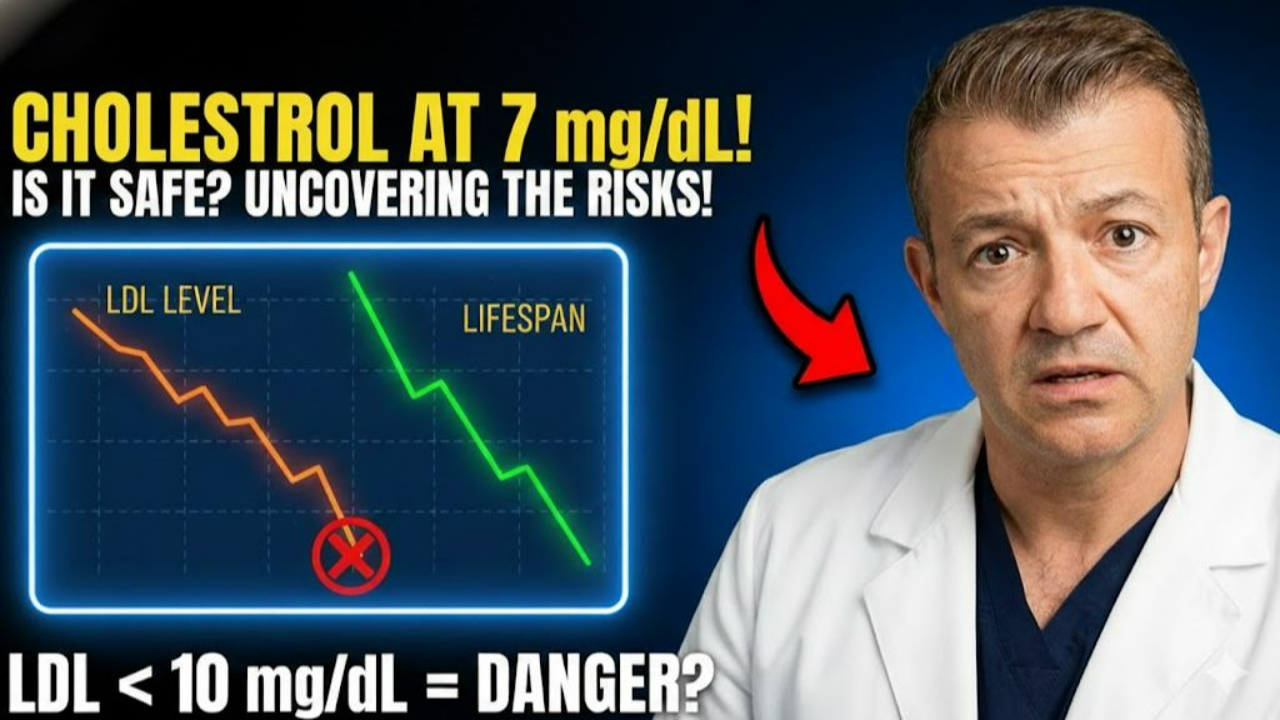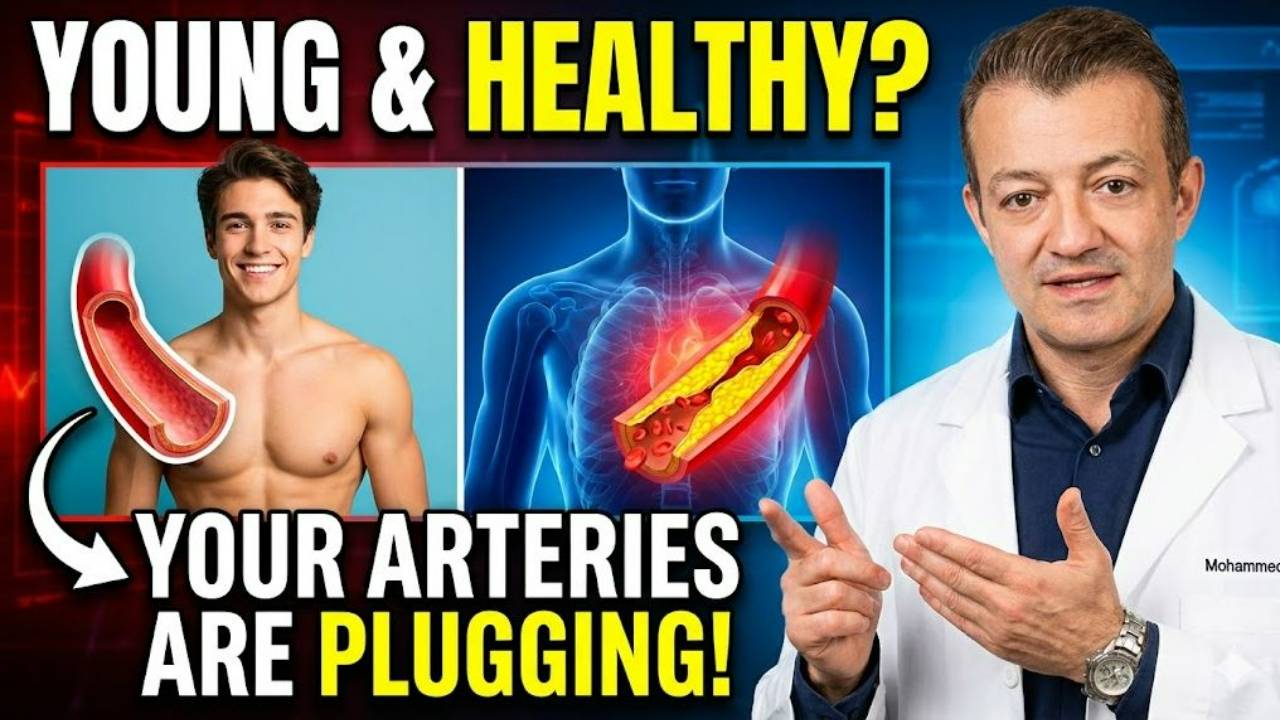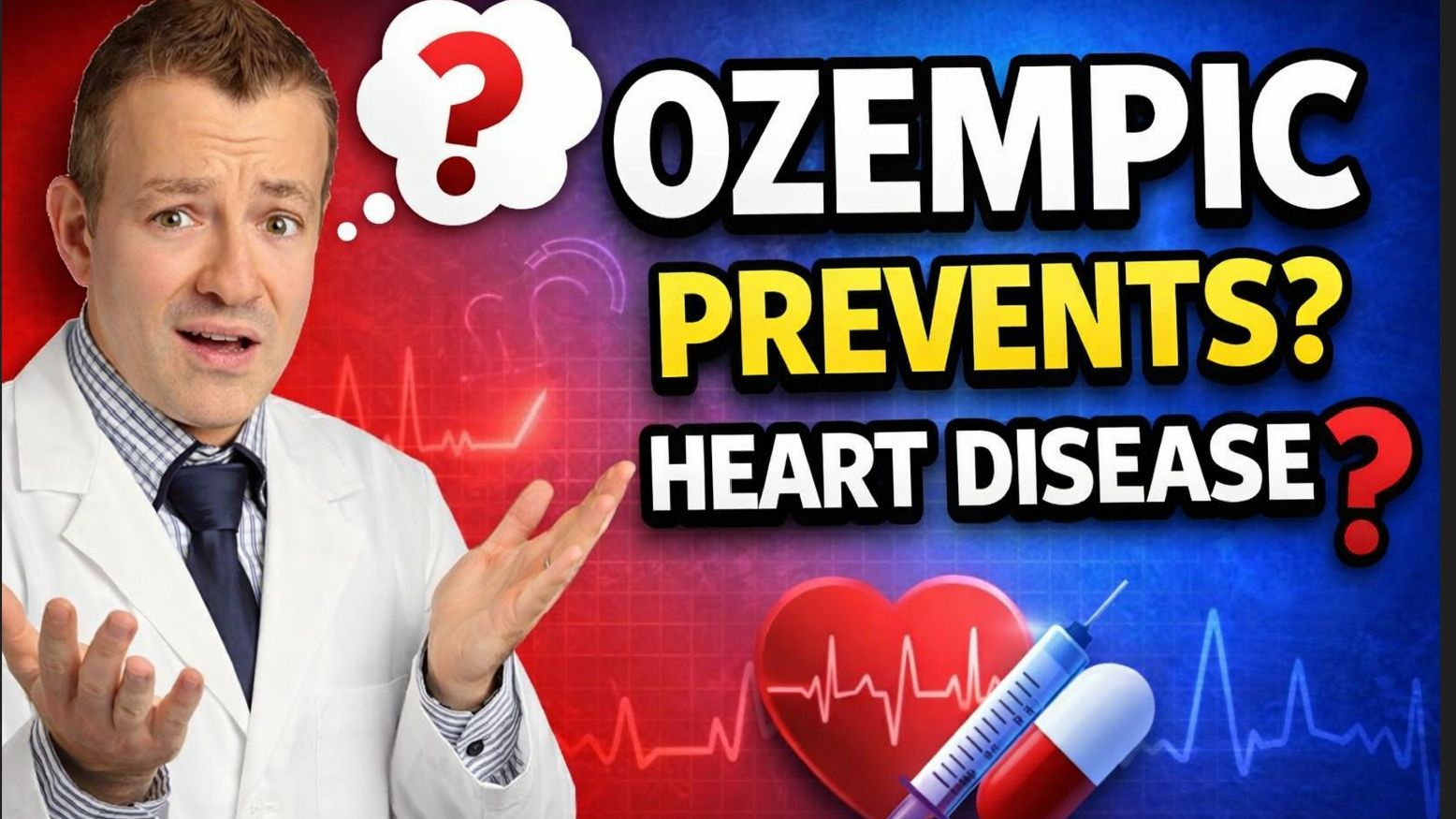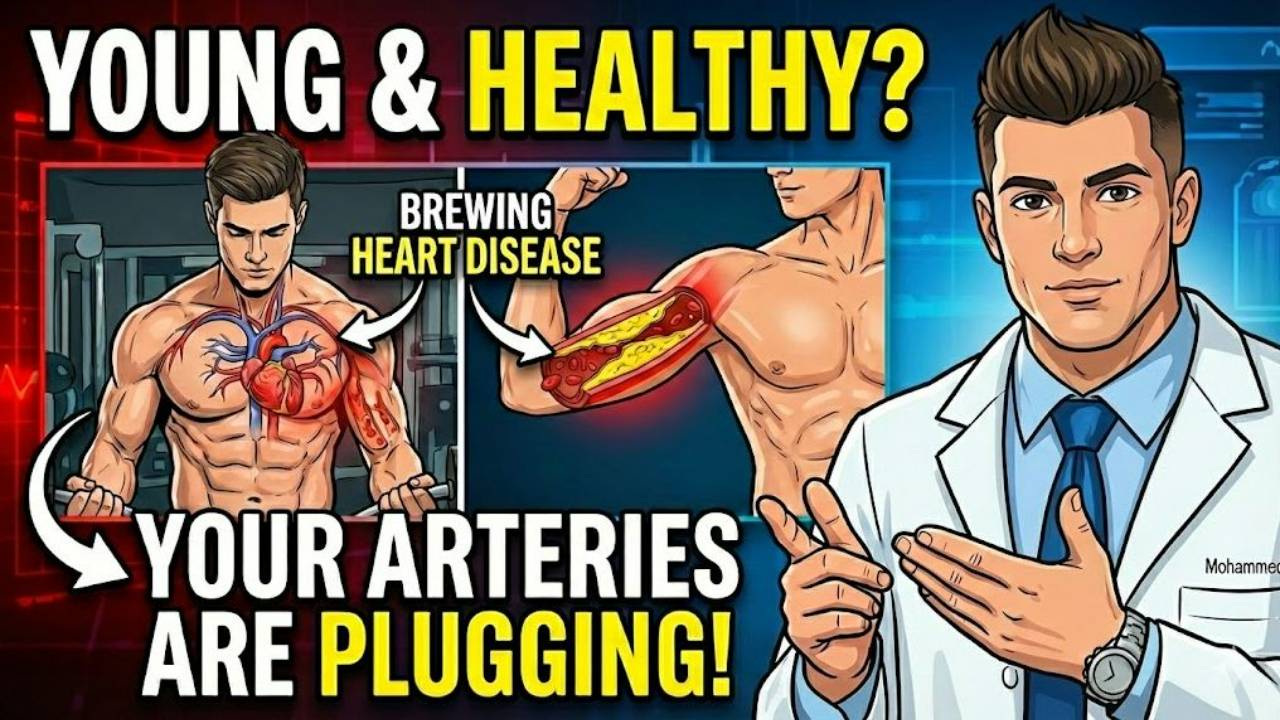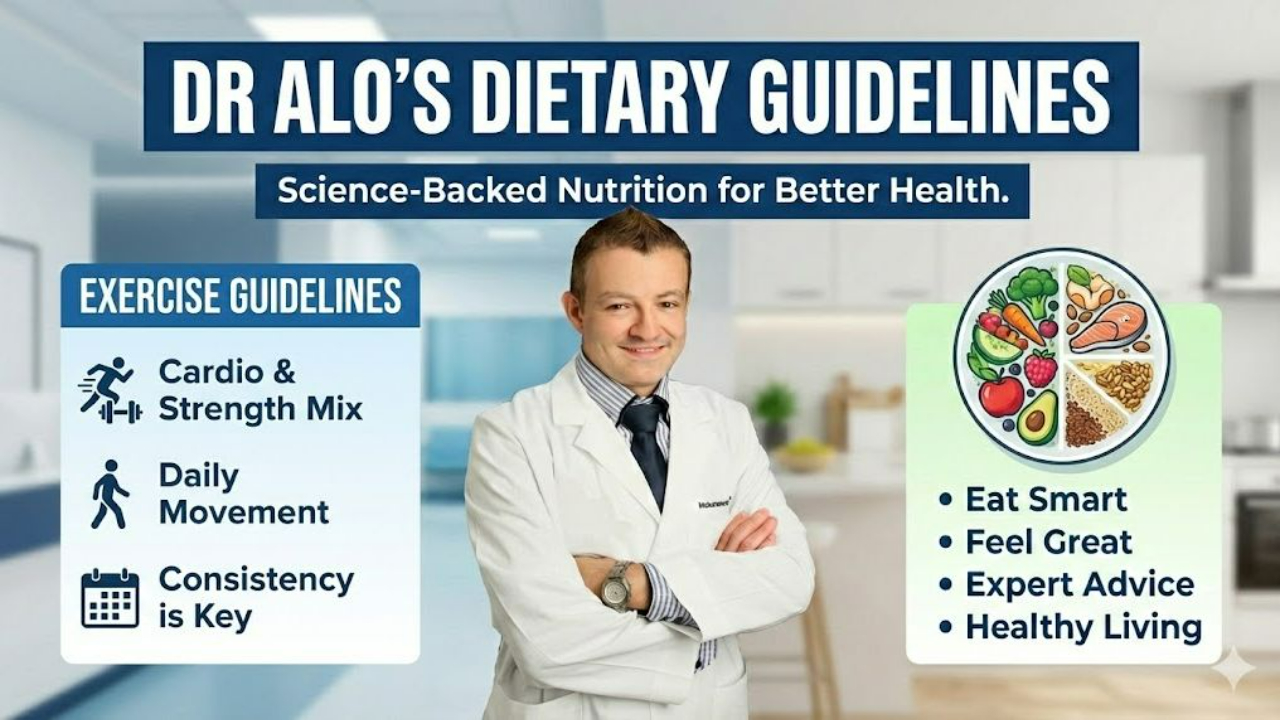Echocardiogram vs Stress Test: What's the Difference?
May 19, 2022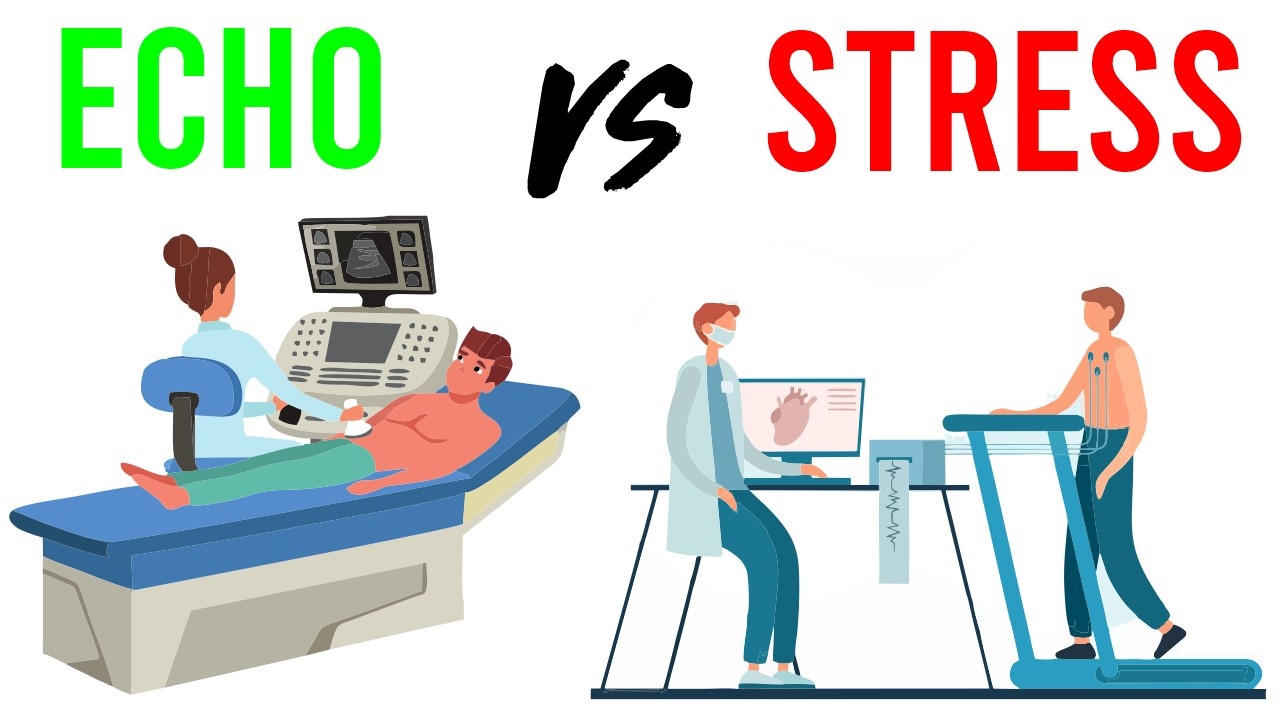
What's the Difference Between and Echo and a Stress test?
This is one of the most frequently asked questions in all of medicine. As a cardiologist, I get this question a lot. So, let's break it down.
The tests are different and they definitely do not evaluate for the same things.
Echocardiography (Echo)
An echocardiogram (or echo) is an ultrasound of your heart. It's a 2D and now 3D image of your heart. It's a video recording of your heart pumping and the valves moving and the blood flowing. We can evaluate your heart muscle to see if it is pumping well. The test is usually performed by a highly trained technician called a cardiac sonographer.
We can look at your heart valves to see if they are leaky (regurgitant) or if they are tight (stenotic). We can also evaluate a multitude of other functions and structures in your heart. The echo machines are getting fancier and we are able to do a lot more.
An echo is ordered mainly to evaluate shortness of breath and in some cases, chest pain. It can also be used to diagnose heart conditions like heart failure, diastolic dysfunction, and a few others.
Nuclear Stress Test
When you have chest pain or any type of chest discomfort, we usually order a stress test to evaluate the various causes, but most importantly, to rule out atherosclerosis as a cause.
A nuclear stress test is generally what people think of when they talk about stress testing. We generally use this to evaluate the various causes of chest pain and shortness of breath. We normally order an exercise stress test. You hop on a treadmill and we speed up your heart to see if you have any significant blockages. With a stress test, we are mainly looking for abnormal blood flow and cardiac function.
At rest, you may feel ok, but when we stress your heart, you will feel chest pain (and your ECG will change) if you have significant blockages in your coronary arteries. During exercise we try to hit your target heart rate to make sure we have strained and stressed your heart enough to make the test an accurate and valid test.
If your blood vessels have plaques in them that are blocking more than 50-60% of the pathway, your stress test will be abnormal. The images of the heart will be abnormal and your doctor will receive the report in a couple days. We have to compare both sets of images, before and after.
If you can't walk on a treadmill, we sometimes can use a stationary bike (stationary bicycle) or other methods. Sometimes we use medications to help simulate exercise. If we use medications, this is called a pharmacological stress or a medicated stress test.
When your treadmill test is over you will be taken under the camera and we will be able to see which parts of your heart light up. The images of your heart will be dim if there's a lack of blood flow (blocked arteries). This is considered a diagnostic test and not a treatment.
The pictures of your heart that we get from nuclear and echo imaging are fairly accurate and predictive of blocked arteries. Depending on the patient and the type of test performed, these can by 95-97% accurate.
The cardiologist, or sometimes radiologist, will then look at the images of your heart and compare the before and after pictures to see if there are significant areas that are not getting enough blood flow.
There are a few other less common types of stress tests. Another common stress test is the stress echo test. This is similar to the treadmill test, but instead of getting nuclear radioactive tracer, you get ultrasound (echo) images before and after to assess blood flow and function. All of these will work well to properly assess coronary heart disease and other heart problems.
When we use echocardiography in stress testing, we usually get a resting echocardiogram first, evaluate the wall motion and function, then we get the exercise stress echocardiogram at peak exercise to compare. You want to see the heart pumping strong without any walls not pumping as well or contracting out of sync.
On the day of the test, make sure you wear comfortable clothing and shoes so that you can do the test comfortably. You will need to be able to lay flat on an exam table. There are some centers that can do a stress test with you seated if you can't lie flat. Check with your doctor’s office to see which type they can do.
If you have an abnormal result, you will usually be called withing a few days and have to discuss the result with your cardiologist or doctor.
Heart Rhythm Disturbances
If you have an irregular heartbeat, it actually can show up on both these tests, but these are not the usual tests we use to check for heart rhythm problems. The heart’s electrical activity is usually tested with an ECG or holter monitor.
Stress and Echo Results
What do the test results mean? It depends on what we find and which test was performed.
An echo usually tells us more about heart structure and heart function. Although, a stress can also tell us about your heart's pumping function.
Both tests can help us with risk stratification of patients for surgery. If a patient has an upcoming surgery and the surgeon is asking for cardiac clearance, your cardiologist may order one of these tests (sometimes both).
A nuclear stress test mostly gives us information about your coronary anatomy. Whether or not you have blockages, the severity of the blockages, where they are located, and whether or not you will need coronary angiography.
Coronary angiography is a procedure where we go into your arteries from your wrist or leg and follow them back to your heart and ultimately check for blockages in your coronaries. This is usually called a cardiac catheterization or cardiac cath for short. We do cardiac caths to diagnose and treat coronary artery disease.
If you have a significant blockage, we may use a stent to open it up. If you have multiple blockages and are high risk for stenting, your cardiologist may suggest open heart surgery.
Different Kinds of Stress Tests
There are different variations of stress test that we may use for different reasons and circumstances. If you have an amputation, you obviously can't walk on a treadmill, so we will use a medical or pharmacological stress test. The most common is with a medication called regadenoson (Lexiscan).
If you are having chest pain or shortness of breath, talk to your doctor or cardiologist and have them discuss these tests with you so you can determine which test is right for you!
Still Have Questions? Stop Googling and Ask Dr. Alo.
You’ve read the science, but applying it to your own life can be confusing. I created the Dr. Alo VIP Private Community to be a sanctuary away from social media noise.
Inside, you get:
-
Direct Access: I answer member questions personally 24/7/365.
-
Weekly Live Streams: Deep dives into your specific health challenges.
-
Vetted Science: No fads, just evidence-based cardiology and weight loss.
Don't leave your heart health to chance. Get the guidance you deserve. All this for less than 0.01% the cost of health insurance! You can cancel at anytime!
[👉 Join the Dr. Alo VIP Community Today]



